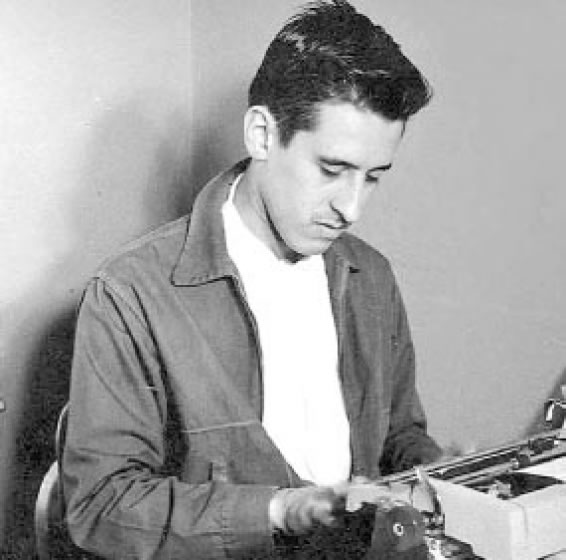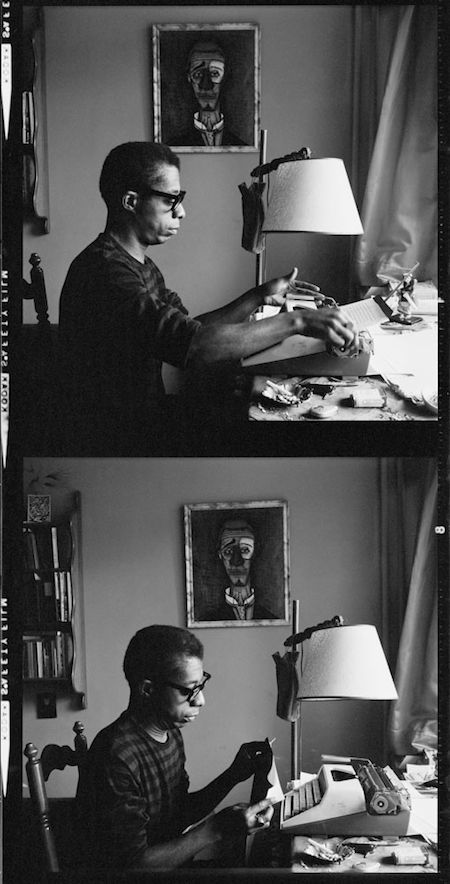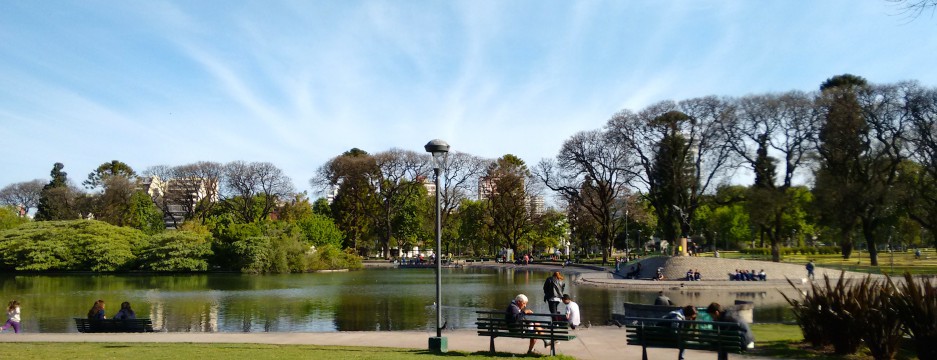“What I found was that the languages of deviance and denigration (for example, the term ‘vagrant juveniles,’ used to describe hooded seals), awkwardly binary assignments of biological sex, and a strange criminalization of mammals that escaped the gaze of biologists showed up in what would call itself the ‘neutral’ scientific language of marine guidebooks. I just wanted to know which whale was which, but I found myself confronted with the colonial , racist, sexist, heteropatriachalizing capitalist constructs that are trying to kill me– the net I am already caught in, so to speak. So how can I tell you who and what I saw?” (Alexis Pauline Gumbs, p.6, 2020)
Quotes
Pessoa: Me da lástima de las estrellas
Me da lástima de las estrellas
luciendo hace tanto tiempo,
hace tanto tiempo…
Me da lástima de ellas.
¿No habrá un cansancio
de las cosas,
de todas las cosas,
como de las piernas o de un brazo?
Un cansancio de existir,
de ser,
sólo de ser,
el ser triste brillar o sonreír…
¿No habrá, en fin,
para las cosas que son,
no la muerte, mas sí
otra suerte de fin,
o una gran razón
cualquier cosa así
como un perdón?
- Fernando Pessoa
Roque Dalton: La verdad es concreta (I)
IV
La verdad es concreta
(I)
Tú le diste un corazón de carne y sangre a la verdad
pero nos advertiste que funcionaba
como una bomba de tiempo
o como una manzana.
Que podría servir para volar la maquinaria del odio
pero que también se podría podrir.

Bioy Casares – La aventura de un fotógrafo en La Plata
Se dejó caer en un banco, a la sombra. Sintió frío. O tristeza nomás. Recapacitó: “Si viene, de acá la veo. Ya no va a venir.” Tendría que buscarla por la ciudad. Pero ¿por dónde empezar? El tiempo, que les faltó para establecer costumbres (como la de ir a un café, donde ahora podría esperarla) les alcanzó para quererse. La semana fue corta, se vieron poco y las horas de ese día, que reservaba para Julia, se le iban rápidamente. Recordó, uno a uno, los momentos que pasaron juntos. De quererla y del amor de Julia estaba seguro, pero no de que ella supiera que él también la quería. “Yo tengo la culpa”, se dijo y argumentó que si Julia lo hubiera seguido de lejos (precisó: “con un tele”) a lo largo de buena parte de su última tarde en La Plata, pensaría que ella no le importaba. (pp. 215-6)
Mantente informado, no uniformado, bro
Mantente informado, no uniformado, bro/
Trabaja pa ser feliz, no pa hacer feliz a otro/
– Matiah Chinaski, Globo (La dieta del murciélago)
Harsha Walia quote on dreaming
“I think the notion of dreaming in a time where we are told that it is foolish, futile or not useful is one of the most revolutionary things we can do. To have our lives determined by our dreams of a free world–instead of reactions to a state-imposed reality–is one of the most powerful tools of decolonization.”
― Harsha Walia, Undoing Border Imperialism
James Baldwin in The Writer’s Chapbook
“Rewriting [is] very painful. You know it’s finished when you can’t do anything more to it, though it’s never exactly the way you want it… The hardest thing in the world is simplicity. And the most fearful thing, too. You have to strip yourself of all your disguises, some of which you didn’t know you had. You want to write a sentence as clean as a bone. That is the goal.” – James Baldwin in The Writer’s Chapbook

Bootstraps 1
“Language is also race in America. Spanish is color”
Victor Villanueva Jr. in Bootstraps:From an American Academic of Color, p. xii
Kef 21 – Henry Dumas
“First there was the earth in my mouth. It was there like a running stream, the July fever sweating the delirium of August, and the green buckling under the sun. The taste of sick dust ran in the currents of saliva which I heaved up and tried to picture when all the people would curse their own stinking guts and die. No. I am not wishing that everyone should die. Nor am I wishing that everyone should be still. Only I am squeezing out the steam in me.” – Kef 21, Henry Dumas
Cortázar – turismo
“Turísmo: la mera palabra era un insulto, una bofetada. Bien se distinguía a los turistas, su manera de vestir y su aire de vacaciones. De todos los que acababa de ver, acaso solo las dos…eran turistas; el resto estaba ahí barrido por el odio de lejanos déspotas, haciendo frente a su destino de incierto término. Los exilados, el vago perfume de pampas y sabanas y selva.”
Julio Cortázar, Fantomas contra los vampiros multinacionales y otros textos políticos, p. 12
